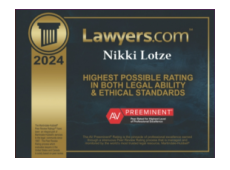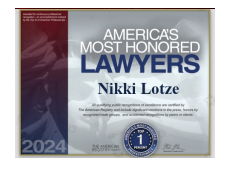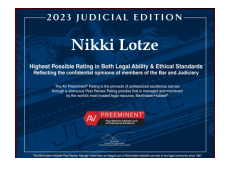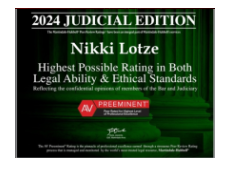What to Do When Approached or Detained by Police
A police stop can be a frightening experience, even for individuals who have done nothing wrong. All too often, individuals do and say things that put their cases at risk, even before they have been arrested. It is important to know how to handle yourself any time you are approached by police.
The criminal attorney at the Washington, D.C. law firm of Lotze Mosley, LLP offers important advice on how to handle a police approach.
What not to do when approached by police
From the moment the police approach or detain you, they typically begin to try to collect certain evidence that can be legally used in your prosecution. But, you are not required to help them in their pursuit. Your criminal defense may depend on how you handle your self during a police stop. Do not make the following mistakes:
- Do not speak freely. You can identify yourself, and you should always speak respectfully to the police. But, do not offer significant information to the police. Even if they ask specific questions, it may be best to offer an innocuous response, indicating you are not certain or you do not recall. Even if you are completely innocent, you need to realize that any statement you make by way of explanation can prolong the situation and even potentially harm your case.
- Do not give permission for a search. It is important to know that police do have the right to search you or your property without a warrant in certain situations. But, when they ask your permission to search, it signifies that they have no other legal grounds. Your permission grants them the right to perform a warrantless search. Even if you are certain that a search cannot uncover any incriminating evidence, there is no situation when granting permission for a search makes sense.
What you should do during a police stop
When individuals pay close attention during a police stop, they can often help criminal law firms build an effective defense. Here are a few tips:
- Make a mental note of all details. The more you recall about statements made by the police or things you said during the stop, the better are your chances for obtaining evidence of illegal practices. For example, if the police say you are required to grant permission for a search, any evidence obtained during that search may be thrown out in court—in some cases, this alone would be enough to secure your release without a trial.
- Ask permission to make a call. While police are not required to inform you that you are allowed to make a call, you can seek assistance prior to arrest. Call a criminal law attorney to help ensure all activities during the stop are legal.
Contact experienced Washington, D.C. criminal law attorney
Particularly when a police stop turns into an arrest, you have a right to an attorney. To ensure the best possible resolution for your case, you need an experienced criminal law attorney in Washington, D.C. Contact Lotze Mosley, LLP at (202) 393-0535 to schedule an initial appointment to discuss your situation as soon as you are investigated or charged with a crime.













